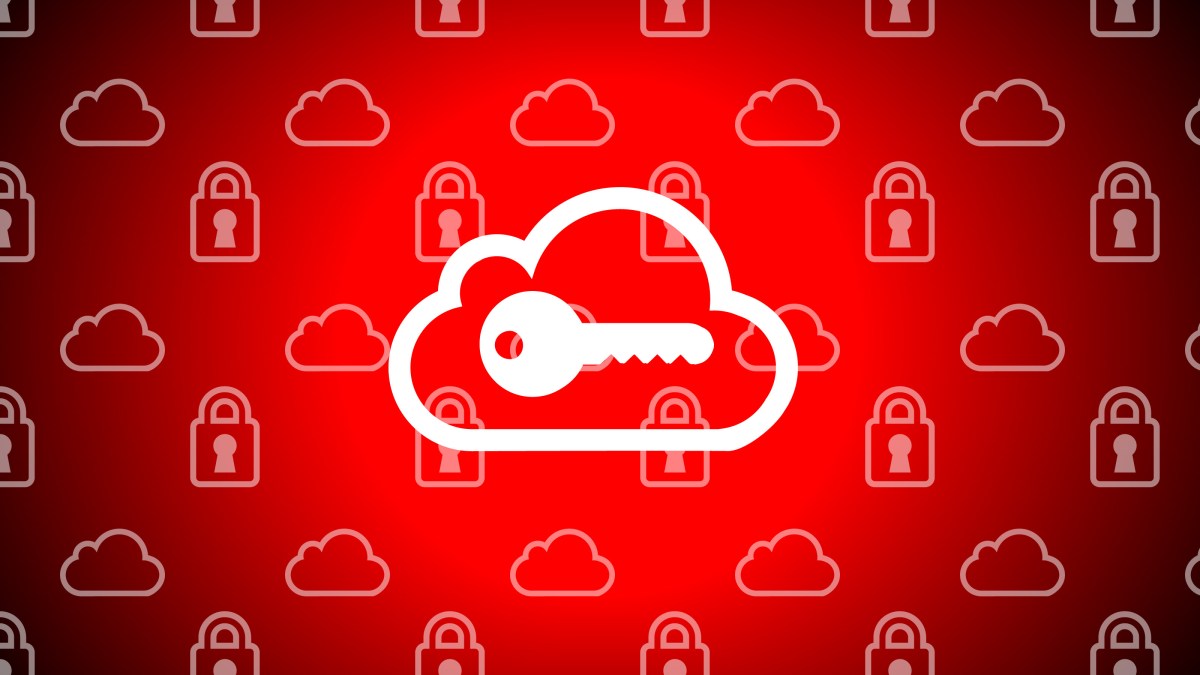A bipartisan group of U.S. lawmakers is pushing for transparency in a high-stakes legal battle involving Apple and the U.K. government. In a formal letter addressed to the president of the U.K.’s Investigatory Powers Tribunal (IPT), Senator Ron Wyden and four other federal legislators argued that hearings regarding a secret surveillance order against Apple should be conducted publicly, stressing the importance of accountability and democratic oversight.
According to reports, the U.K. government issued a covert legal demand earlier this year requiring Apple to develop a “backdoor” into its iCloud encryption, enabling authorities to access user data globally. Apple reportedly resisted the order, opting instead to withdraw its Advanced Data Protection feature for U.K. users rather than comply. The company has remained silent on the matter due to legal restrictions preventing public disclosure of the order’s existence.
The U.S. lawmakers emphasized that the U.K.’s gag order stifles Apple’s ability to exercise free speech rights protected under U.S. law and obstructs Congressional oversight. Their letter also warned that such secrecy could set a dangerous precedent for international tech companies, undermining user trust and global privacy standards. The lawmakers’ appeal aligns with calls from civil rights organizations, including Liberty and Privacy International, which have filed separate challenges against the U.K. government’s demand.
Google has reportedly informed Senator Wyden’s office that it, too, would be barred from acknowledging any similar orders. This raises concerns about the broader implications of secret surveillance mandates on tech firms operating across borders. The IPT, responsible for adjudicating surveillance-related disputes, is set to review Apple’s petition behind closed doors, though advocates continue to press for an open hearing to ensure public scrutiny.
As the debate intensifies, the case highlights growing tensions between national security priorities and digital rights. Privacy advocates argue that backdoor access weakens encryption for all users, while governments claim such measures are necessary to combat crime. The outcome of this legal challenge could shape future policies affecting technology, transparency, and civil liberties worldwide.

